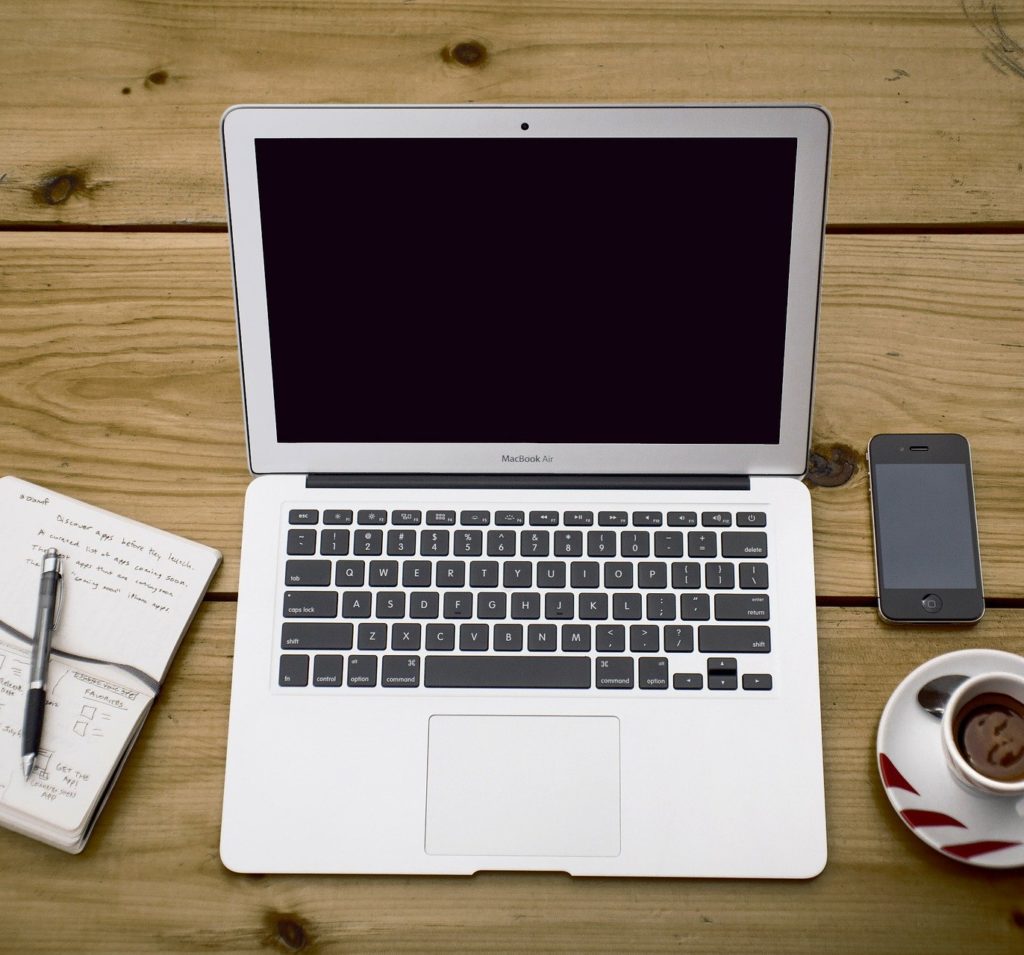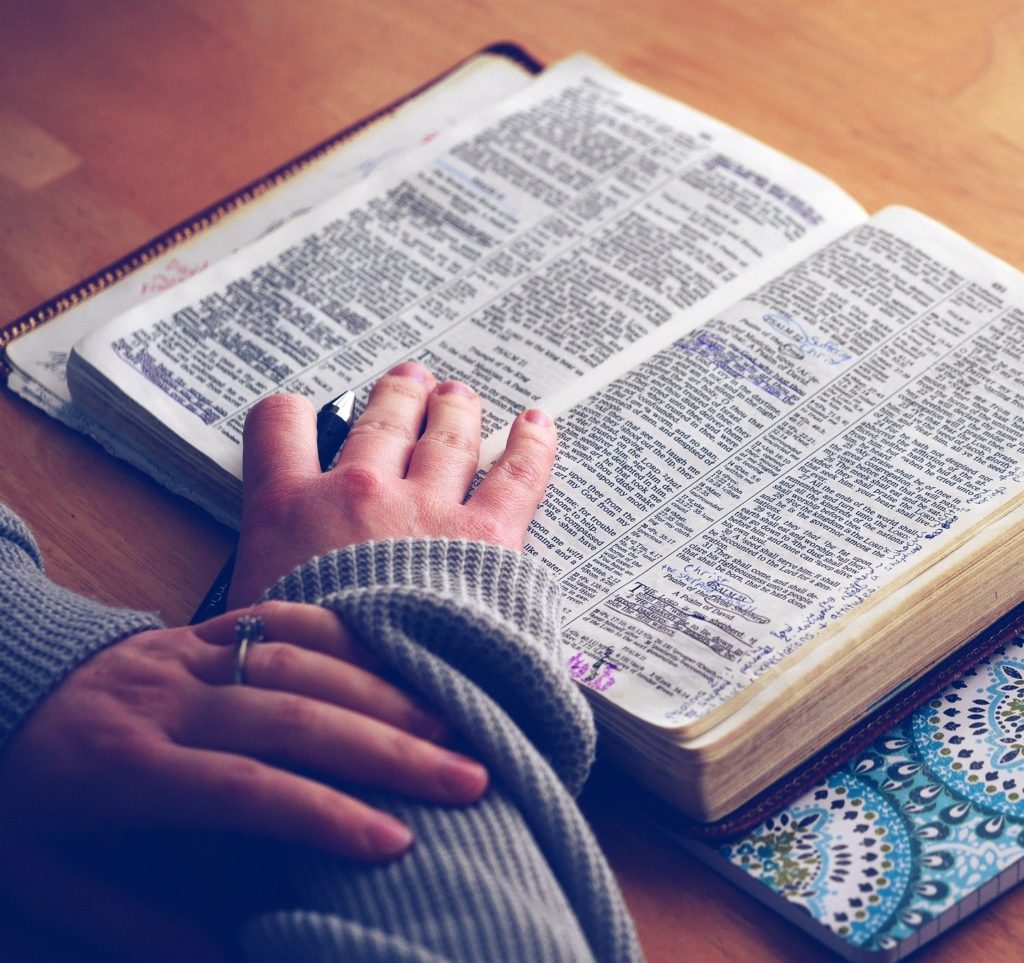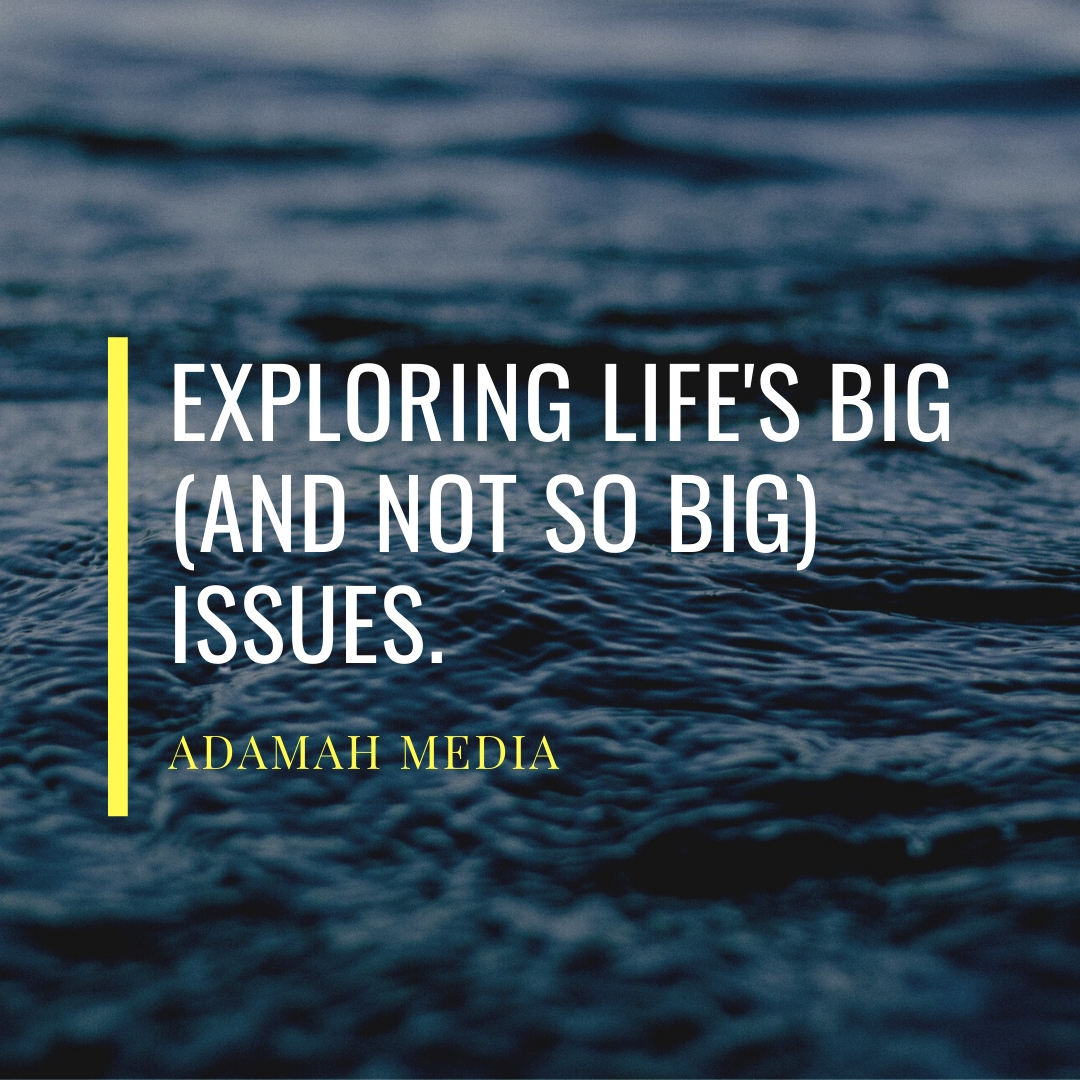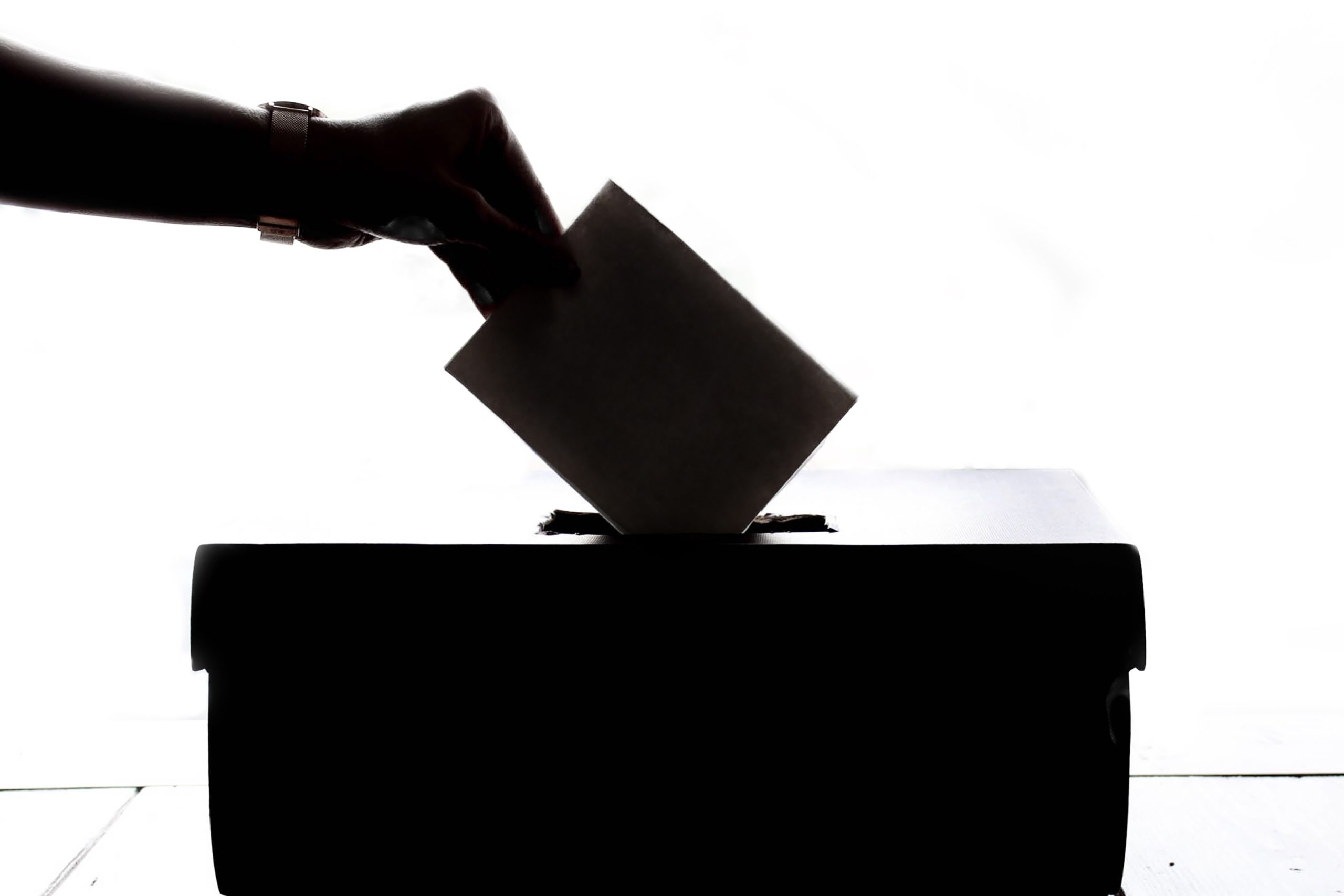
“A state of perpetual panic”: the lost art of pressing the Pause button
At the ripe age of 22, I wasn’t sure whether I had finished my degree or it had finished me. But one thing I was sure of was that the sense of guilt for not doing enough had become my constant companion.
I felt guilty for focusing on my studies and not getting much work experience, and guilty again when I got a job and dedicated less time to my course readings. I even felt guilty for going to church on Sundays rather than taking up my usual spot at the British Library!
This is my experience, but it could easily be that of my best friends, my course mates, or pretty much everyone I know from my generation.
Being ever more productive has become an unspoken norm in our society. Within this mindset, a person’s ability to work non-stop becomes the measure of how much they will achieve in life. Meanwhile, corporate eyes glare at rest and leisure, convincing us to consider them guilty pleasures in the literal sense.
We can see this phenomenon manifest in a highly-pressurized daily environment, found at the work-place and the university alike, where young adults are at risk of buying blindly into this culture of unwavering efficiency and of facing its harmful effects. Indeed, a 2017 study found that “today’s generation of young adults (aged 16-24) are more likely to experience mental illness than previous generations of young adults”.

“burned out”
While anyone living in our modern economy of extreme competitiveness can feel “burned out” at times, millennials (defined as the generation born between 1980 and 2000) are the most vulnerable to the subculture of hyper-productivity, perhaps because they grew up with that unruly sibling – the internet.
According to Malcom Harris, author of “Kids These Days: Human Capital and the Making of Millennials”, today’s young adults have grown up with technological advances that made the job market more demanding and less rewarding, and have faced more financial hardship coming out of education than previous generations. This leads to structural insecurities both in personal and professional life, which is why millennials have grown into “a state of perpetual panic”. No wonder they move out of parental homes and get married later, have fewer children, or why such alarmingly large numbers have shown symptoms of “burnout syndrome” – redefined by the World Health Organization as an “occupational phenomenon” earlier this year.
The W.H.O. now attributes the syndrome to
“chronic workplace stress”,
and lists as its three dimensions energy depletion, reduced professional efficacy, and feelings of negativity or cynicism related to one’s job. On the whole, it’s a rather grim picture of deep-rooted anxieties and generational despair.
If the picture looks bad among young professionals, it appears positively desperate among university students. As a millennial eager to make the most of my studies, I surrounded myself with friends of a similar mindset during my undergraduate years.
We would form study groups and spend wonderfully exhausting days at the library, dedicating week after week to producing nothing less than the perfect essay. I’ll never forget my friend’s mother’s constant remark, that if even God rested on the seventh day then so should her daughter, to which my friend would invariably reply, “Yeah, mum, but God didn’t go to my uni, did he?” An indisputable point, so back to the library we’d go.
“Yeah, mum, but God didn’t go to my uni, did he?”
An indisputable point, so back to the library we’d go.
The anecdote sounds funny enough until you look at the statistics on university counselling services across the UK. In the past five years, the number of university students seeking mental health care has increased by more than 50%, while budgets towards support services increased by 43% in the same period. This is directly related to the ever more demanding reality faced by students, as the National Union of Students Vice President, Eva Crossan Jory, notes: “Many are balancing work, study and caring responsibilities. With fees so high, and the job market so competitive, students feel they have to continually push themselves, perhaps more so than before.”
When hyper-productivity and making profitable use of time become the cardinal rules dictating our lives, it can feel almost sinful to take time off for oneself, or even just to take things at a slower pace. It gets worse every time we open up social media and get showered by pictures of successful individuals, flaunting their happiness and achievements in our faces, silently pressuring us to “get up and get moving” towards goals that will likely not be a guarantee of our inner peace. Twisted priorities lead to twisted results, and so we slither down a spiral of trying to prove a point to the world, and feeling drained for never being satisfied with ourselves.

More than ever before, the younger generations are in danger of being blinded by the allure of a world that says our worth is determined by how much or how fast we produce. Surely it is time to re-centre, to turn our gaze inwards and upwards, knowing that your worth does not depend on how many deadlines you nailed at your job, or on whether or not you finished that degree with a distinction.
The Christian tradition addressed the problem of unbalanced priorities long ago through the gospel story of Martha and Mary. The two sisters welcome Jesus into their home, but their responses to his presence are very different. While Martha concerns herself with the tasks involved in hosting, Mary sits at the Lord’s feet, content to drink in his words. Martha gets upset to be doing all the work alone, and asks Jesus: “Tell her to help me!” But his reply is not what she expects.
“Martha, Martha”, he tells her, “you are worried and upset about many things, but few things are needed.”
While it’s true that “Mary has chosen the better part”, Jesus never criticises the service that Martha performs – there is important work to be done, and someone has to do it!
But there is a time and place for all things. The point is that Martha criticises Mary for taking the time to be still and listen, much like our subculture of hyper-productivity frowns at anyone who does not put work above everything else in their lives. Mary, on the other hand, had her priorities straight: if God is in front of her, what can she do but sit at his feet and listen?
Jesus’s gentle rebuke of Martha can serve us in a 21st century context as a wake-up call to check how we spend our time. Christianity views our dignity as something that resides not so much in what we do as in what we are: beloved children of God.
Even in a non-religious context, true friendship is surely the triumph of loving a person for who they are rather than what they are.
Remembering our inherent dignity can be a liberating thing, a reminder to keep us from falling prey to the expectation that we should be “on it” all the time, constantly upgrading into more efficient software as if we were machines instead of human creatures.
We all have a bit of Martha and of Mary in us, and rightly so. The key thing is to know when and how to be each of them. There must be time for work, and it’s only natural that this takes up the majority of our weekdays. But it’s crucial to find a balance and to make fruitful use of our spare time –
fruitful, not profitable.
Ultimately, it’s all about remembering that we work to live and not live to work. This realisation will lead us to make time for a whole range of activities which are essential for truly rich lives: meaningful conversations with family members and friends, giving them our full attention; finding time to play with the kids; reading some good literature or listening to good music; some form of exercise and contact with nature; and seeking a social service activity to be involved in.

There must be time for self and for the spirit, lest we lose touch with the essence of what makes us human.
Maybe it’s saying a prayer before starting the day or before going to bed; listening to a podcast with life-affirming meditations during your lunch break or on your commute; bringing as little work back home as possible to separate the last hours of the day for family and leisure – or some combination of the above. As a university chaplain and dear friend of mine used to say, “Pray as you can, not as you can’t”. Having a keen awareness of our limitations is a good thing; it helps us know that something small is better than nothing at all.
Setting down some time for prayer and reflection in our daily schedule means we can open up a personal space to check in with our emotions and with the Spirit living in us, without feeling guilty for doing so.
Soul gym is just as essential as body gym, and sometimes it’s the time spent in stillness that makes the time spent in activity truly fruitful.



3 Comments
Eline de Medeiros
You have enterered into an one of the worst problems, anxiety related to the multiproductiveness in post-modern times. Pointed out there in Bible, Jesus call us to the best part. Staying with Him is the break everyone should have. Congrats! I loved the article!
Sheila Maloney
Beautiful article Bianca- thank you for sharing. I would love to connect with you, about possibly translating my book that covers many of the same themes: Family Gap Year: How We Moved to Brazil, Dropped our Overscheduled Lives and Created a Sustainable Future for our Family….I am searching for a translator who can capture the essence of what I am saying in English and Portuguese. Please reach out if you might be interested- you can message me via my website, familygapyearbrazil.com – thank you so much! Obrigada!
Karolina Petrovskaja
Thank you very much for reading the article. Your comment has been passed to the author.